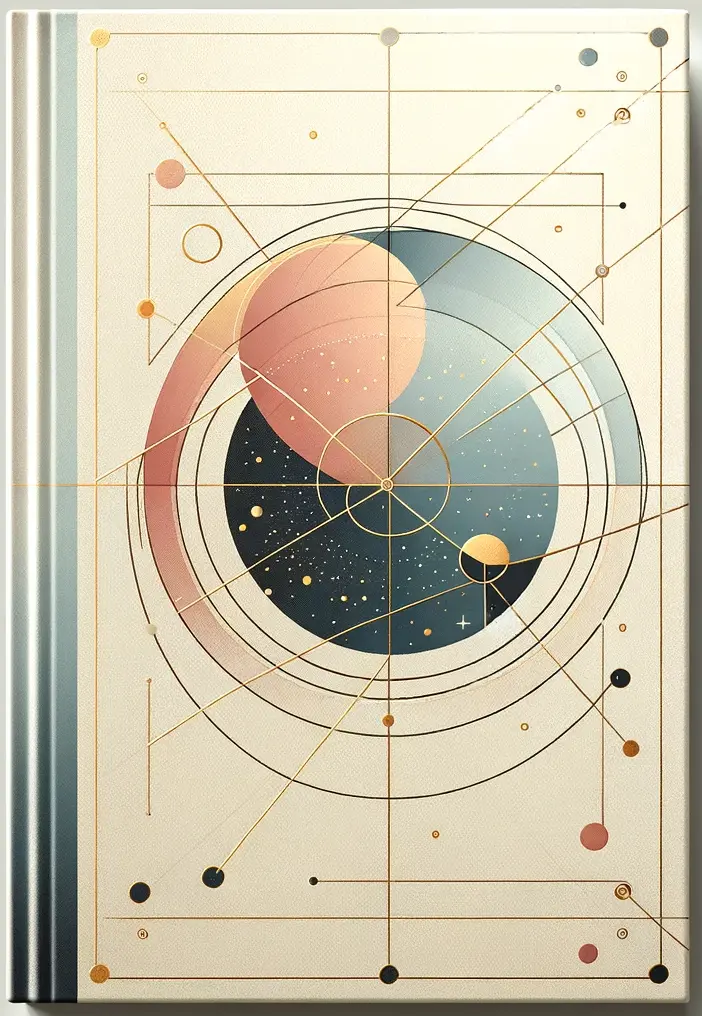Discover books similar to "Thousand Cranes"

Yasunari Kawabata
Thousand Cranes
3.76
"Thousland Cranes" is a profound and poignant novel written by Yasunari Kawabata, a Nobel Prize-winning Japanese author. The story revolves around the life of a young girl, Kiku, who loses her family in the aftermath of the atomic bombing of Hiroshima during World War II. Kiku is taken in by her aunt and uncle, who run a traditional Japanese inn in Kyoto. As Kiku grows up, she becomes fascinated with the ancient art of origami, particularly the crane, which is said to bring good fortune and longevity. Kiku begins to fold thousands of cranes, hoping to bring happiness and health to those around her, including her ailing uncle. The novel explores themes of grief, loss, and the search for meaning in the face of tragedy. Kawabata's writing is spare and elegant, capturing the beauty and simplicity of traditional Japanese culture. The imagery of the cranes, folded with care and intention, serves as a powerful metaphor for the human spirit's resilience and capacity for healing. "Thousand Cranes" is a moving and thought-provoking read that offers a unique perspective on the human experience. Kawabata's masterful storytelling and poetic prose make this novel a standout addition to any literary collection. Readers who enjoy introspective, character-driven narratives with a strong sense of place will find much to appreciate in "Thousand Cranes."."."
List of books similar to "Thousand Cranes":

Yasunari Kawabata
Snow Country
Like 'Thousand Cranes', 'Snow Country' explores the themes of love, loneliness, and the search for meaning in a rapidly modernizing Japan. The stark, sparse prose immerses the reader in the isolated, snowy landscape, just as Kawabata's lyrical writing draws us into the emotional lives of his characters.
Learn More
Yasunari Kawabata
The Old Capital
Set in Kyoto, 'The Old Capital' delves into the relationship between tradition and modernity, much like 'Thousand Cranes'. The story revolves around a young woman who discovers her connection to the city's rich cultural history, providing an intimate exploration of identity, family, and the passage of time.
Learn More
Murasaki Shikibu
The Tale of Genji
Often considered the world's first novel, 'The Tale of Genji' is a sweeping, multi-generational story set in the Heian court. The lyrical prose and exploration of love, longing, and the human condition make it a fitting companion to 'Thousand Cranes', as both works delve into the depths of the human heart.
Learn More
Yasunari Kawabata
The Sound of the Mountain
In 'The Sound of the Mountain', Kawabata returns to the themes of family, aging, and the search for meaning in a rapidly changing world. The protagonist's struggle to connect with his family and come to terms with his past resonates with the emotional intensity of 'Thousand Cranes'.
Learn More
Jean-Paul Sartre
Nausea
Though not a Japanese work, 'Nausea' shares Kawabata's existential exploration of the human condition. The protagonist's growing sense of alienation and the absurdity of life mirrors the emotional landscape of 'Thousand Cranes', offering a Western perspective on similar themes.
Learn More
Yasunari Kawabata
The Master of Go
A novella that explores the world of professional Go players, 'The Master of Go' showcases Kawabata's ability to delve into the intricacies of human relationships and the passage of time. The detailed, methodical prose offers a fascinating look into the world of this ancient game, much like the introspective journey of 'Thousand Cranes'.
Learn More
Haruki Murakami
The Wind-Up Bird Chronicle
Murakami's surreal, dreamlike narrative in 'The Wind-Up Bird Chronicle' offers a stark contrast to Kawabata's more traditional prose. However, the exploration of identity, memory, and the human psyche connects these two works, providing a modern perspective on the themes present in 'Thousand Cranes'.
Learn More